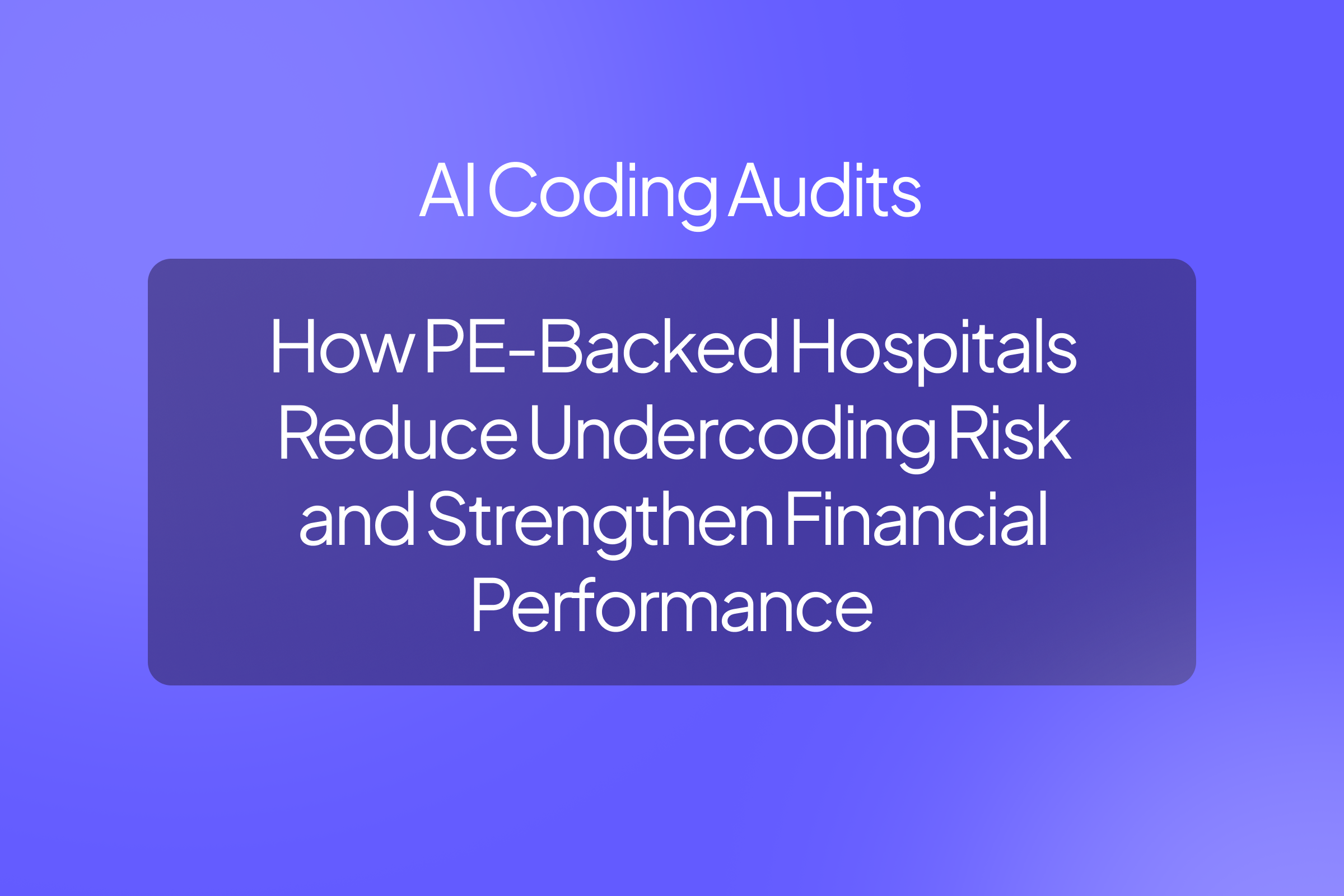
Epic UGM 2025: From Cosmos to Penny, AI Moves Into Every Corner of Healthcare
Epic’s annual User Group Meeting (UGM 2025) underscored a single, unmistakable theme: AI is no longer on the sidelines, it’s becoming the backbone of healthcare operations.
Much of the buzz centered on Epic’s clinical and patient-facing tools, such as Art (an ambient AI medical scribe) and Emmie (a virtual assistant for patients). But two announcements stood out for their broader strategic impact: the expansion of Cosmos AI, Epic’s clinical intelligence engine, and the debut of Penny, an AI assistant designed for revenue cycle management (RCM).
Cosmos AI: Scaling Clinical Intelligence
Epic’s Cosmos dataset now includes more than 300 million unique patients and billions of encounters, making it one of the largest healthcare data engines in the world. Built on this foundation, Cosmos AI, also referred to as CoMET, has been trained on billions of medical events and evaluated across dozens of prediction tasks.
Epic announced the upcoming Cosmos AI Lab, scheduled for February 2026, which will allow researchers and health systems to access, experiment with, and shape the next generation of healthcare-specific AI. This move signals Epic’s intent to anchor its clinical AI not in general-purpose models, but in domain-specific intelligence powered by aggregated medical data.
Penny: AI for the Revenue Cycle
While Cosmos reflects Epic’s clinical ambitions, Penny represents a significant expansion into financial operations. Launching in November 2026, Penny will bring AI-driven automation to revenue cycle management, starting with:
- Autonomous coding, beginning with Emergency Department and Radiology encounters.
- Outpatient denial appeal support, designed to shorten turnaround times and reduce backlogs.
- Automated claims follow-up, offloading repetitive interactions with payers.
This marks the first time Epic has embedded AI so directly into the financial side of healthcare. With staffing shortages, rising denial rates, and increasing administrative costs, Penny reflects a growing recognition that automation in RCM is as vital as automation in clinical care.
Why This Matters
Epic’s roadmap shows that AI will be system-wide, not siloed:
- Clinical AI (Cosmos) is designed to support research, predictive modeling, and decision-making.
- Operational AI (Art, Emmie) aims to ease documentation and patient engagement.
- Financial AI (Penny) tackles the revenue cycle, which underpins organizational sustainability.
Together, these initiatives illustrate a platform strategy: embedding intelligence into every layer of the healthcare ecosystem.
Strategic Takeaways for Healthcare Leaders
- AI is expanding beyond the bedside.
Financial and administrative processes are now in scope for large-scale AI adoption. Health systems should anticipate transformation not just in care delivery, but in billing and operations. - 2026 will be a pivot year.
With Cosmos AI Lab (Feb 2026) and Penny (Nov 2026) both scheduled for release, organizations have a short runway to prepare governance, compliance, and adoption frameworks. - Workforce roles will evolve.
Coding and billing teams may transition from manual processing toward oversight, compliance, and analytics. Upskilling staff now could smooth the transition. - Data readiness matters.
Cosmos highlights the importance of aggregated, high-quality data. Organizations should continue investing in data quality and interoperability if they want to benefit from next-generation AI. - Competitive dynamics are shifting.
Epic’s move reflects a broader industry trend: embedding AI across the entire continuum of healthcare. Vendors, payers, and providers alike are racing to define what “AI-enabled healthcare” will mean in practice.
Looking Ahead
Epic UGM 2025 made it clear: AI is not an add-on feature but a long-term strategy that spans clinical, operational, and financial domains. As Penny and Cosmos move toward launch in 2026, healthcare organizations face a dual challenge, adopting today’s automation tools while preparing for the AI-driven workflows of tomorrow.
For Epic users, the coming years could bring significant efficiency gains and workforce changes. For the industry as a whole, UGM 2025 signals that the AI revolution in healthcare is accelerating and no corner of the system will be untouched.
Lynn Hsing is a recognized leader in healthcare marketing. Having worked closely with health systems and providers, Lynn brings a nuanced understanding of the challenges they face — from administrative burden and claim denials to reimbursement delays and staff shortages. This firsthand insight has shaped Lynn’s ability to translate complex AI solutions into meaningful value for healthcare organizations.








